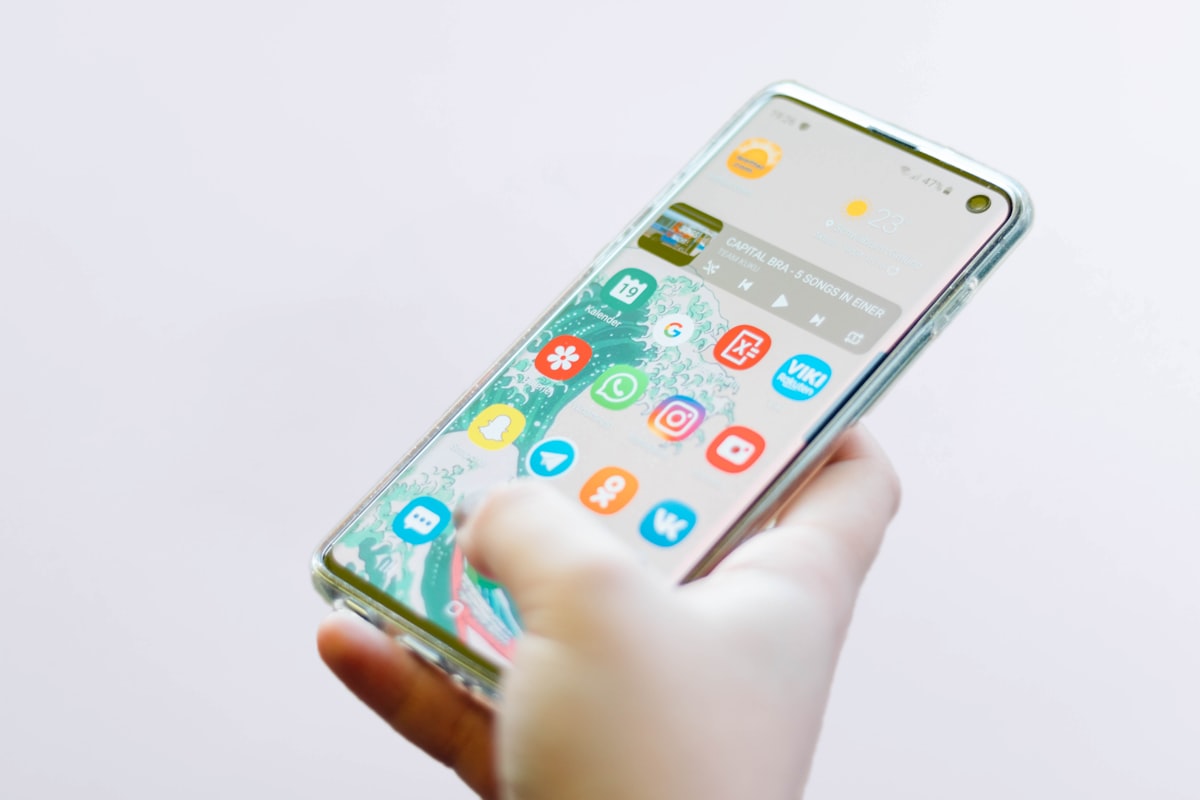What is the addiction with smartphones?
Smartphones are essential in today's world. They're used for communication, entertainment, and business. Smartphone addiction can damage our health and well-being.

In the age of technology, smartphones have become an integral part of our daily lives. We use them to communicate, stay informed, entertain ourselves, and even do business. However, excessive use of smartphones can lead to addiction, which can have several negative impacts on our health and overall wellbeing.
What is the real name of this addiction?
Phone addiction, also known as nomophobia, is the excessive use of mobile phones, to the point where it interferes with our daily activities and responsibilities. This addiction can be challenging to recognize as smartphones have become so ingrained in our culture that we often fail to notice how much time we spend on them.
How can smartphones help us?
Smartphones have several benefits, such as easy communication, quick access to information, and the ability to stay connected with our loved ones. They have transformed the way we interact with the world, and they have made our lives much more comfortable and convenient. For example, you can use your smartphone to pay bills, order food, buy groceries, and even find love.
How can smartphones hurt us?
However, excessive use of smartphones can lead to several negative impacts on our health and overall wellbeing. Phone addiction can cause physical problems such as neck and back pain, eye strain, and headaches. It can also affect our sleep patterns, making it difficult for us to fall asleep and stay asleep.
In addition, phone addiction can also lead to mental health problems such as depression, anxiety, and stress. It can lead to feelings of isolation and loneliness, as people spend more time on their phones and less time interacting with others in real life. It can also lead to a decline in academic and work performance, as people become distracted by their phones and fail to complete their tasks efficiently.
What are some affecting health factors?
The excessive use of smartphones can also affect our health in other ways. Studies have found that excessive phone use can lead to weight gain, as people tend to be more sedentary when using their phones. In addition, phone addiction can lead to an increase in stress levels, which can lead to high blood pressure and other health problems.
The dreaded question: How to overcome this addiction?
The good news is that phone addiction can be overcome!. There are several strategies that you can use to reduce your phone usage and regain control over your life.
Strategies include:
Set limits on your phone usage, such as turning off your phone during meals, setting a time limit for phone usage, and turning off notifications. Find alternative ways to fill your time, such as reading a book, taking a walk, or spending time with friends and family. Engaging in activities that do not involve your phone can help you break the habit of constantly checking your phone.
How are smartphones affecting behavior in children?
Children are especially vulnerable to phone addiction, as they are often introduced to smartphones at a young age. Excessive phone use can affect their academic performance and social development. It can also lead to behavioral problems such as irritability, impulsiveness, and a lack of concentration.
Parents can help their children avoid phone addiction by setting limits on their phone usage, such as limiting screen time, setting parental controls, and monitoring their phone activity. It is also important for parents to model healthy phone habits themselves, as children often learn by example.

How are smartphones affecting behavior in adults?
Adults are also vulnerable to phone addiction, as smartphones have become an integral part of our daily lives. Excessive phone use can affect our work performance, our relationships, and our overall wellbeing. To avoid phone addiction, adults can set limits on their phone usage, such as turning off notifications during work hours, setting aside designated phone-free time, and avoiding phone use before bed. It is also important to be mindful of our phone use and to make a conscious effort to engage in activities that do not involve our phones.
Are we really disconnected from the real world?
- Less time spent outdoors
- Less time with in-person gatherings
- Less time in gardening
- Less time in observing weather/climate changes


